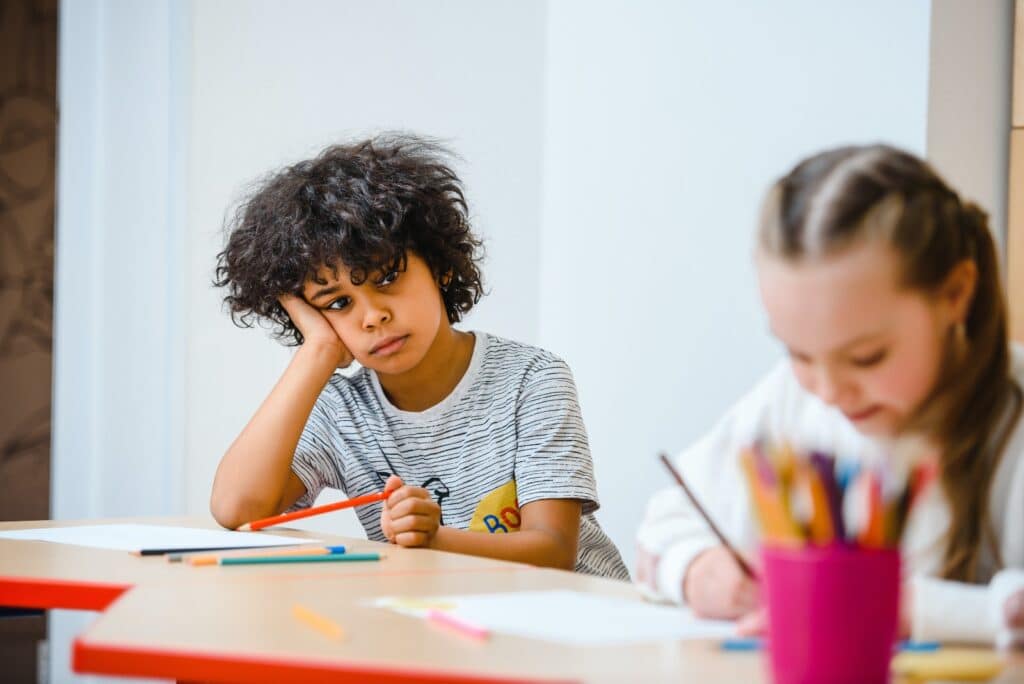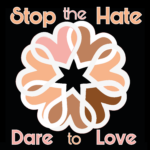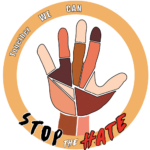
By Diana Lambert. EdSource.
Counterfeit dollar bills featuring a caricature of a black man and racist comments circulated at a Sacramento high school. A 10-year-old girl was called a "slave" by a classmate in Orange County. Bay Area high school students filmed themselves laughing and repeating a racial slur against blacks. All this in this month in California.
Are children collateral damage in the culture wars Black students are more often the target of racial hostility than any other student group, according to "Educating for a Diverse Democracy in California," a joint report by the Democracy Institute, UCLA Education and Access and UC Civic Engagement Research Group. Bank. As part of the study, the researchers surveyed 150 California principals on how political dynamics in communities have impacted schools.
66 percent of principals reported that they are aware of racist comments made against black students on their campuses; a third said such incidents are frequent. These verbal attacks speak to the presence of racism against black people that undermines young people's ability to learn, said John Rogers, one of the study's authors.
"We cannot normalize the fact that these (attacks) have become commonplace in our public schools," he said.
Political polarization and conflicts over racial and gender equity are now commonplace at school board meetings and on school campuses across the state. They are negatively impacting school staff, undermining school management and increasing anxiety and hostility among students, according to the report.
"The ground moved under their feet for a year and a half, and significant political events occurred: the murder of George Floyd, Brianna Taylor, etc., the rise of Black Lives Matter and the protests, the responses to the protest, the flag blue line, the 2020 election, and January 6,” said a California student principal. "All these things happened while the children were in spaces that were not with us."
The students, mostly in distance learning due to the COVID-19 pandemic, were unable to discuss these events at school with a diverse community of students. Instead, they didn't have these conversations or had them around the table, hearing only their family's perspective, the director said.
"So our children went back to school with this very narrow perspective," he stressed. “It was something that we hadn't necessarily seen in the past. We didn't necessarily have kids running around with political statements on their hats or T-shirts, but I do think they had a little bit of a hard time having empathy for groups they didn't necessarily understand."
Political polarization grows
Nearly two-thirds of California principals surveyed reported substantial local political conflicts over educational issues at their schools. In many school districts, community members have tried to limit or challenge teaching about race, policies related to LGBTQ students, and access to social-emotional learning or to certain books in the library.
Political partisanship began to boil after the COVID school closures. Parents and other activists showed up at school board meetings to demand that schools reopen. They returned to protest mask mandates, vaccine mandates, and other safety requirements. Once COVID-19 protocols were loosened, conservative activists began fighting educational policies on gender identity and racial equity.
"It seems that political polarization and conflict continue to grow," Rogers said. "More recently there seems to be a focus on pushing back LGBTQ rights or anything resembling gender issues, like recent protests over a program at an Elk Grove high school where students wore clothes."
The performance at a multicultural caucus at Pleasant Grove High School on March 3 sparked protests from parents at a district school board meeting, according to SFGate. A similar performance planned at a Roseville high school in Placer County was canceled this month after it drew the ire of parents and local political groups, according to The Sacramento Bee.
Three-quarters of California principals surveyed say LGBTQ students in their schools have been subjected to verbal attacks.
The California analysis follows a national survey released last year. The researchers interviewed the principals of the blue, red and purple constituencies during the summer of 2022 to determine how the partisan divide has affected schools. The names of the directors were not included in the report.
The researchers labeled districts blue if fewer than 45 percent of voters voted for Donald Trump for president in 2020, purple if between 45 and 54.9 percent voted for Trump, and red if more than 55 percent of voters voters chose Trump.
The national study found that anticivilian speech and hostile political rhetoric have seeped into the nation's classrooms, leading to declining support for teaching about race and racism and a sharp increase in bullying of LGBTQ youth. . Principals in politically divided communities were twice as likely to report multiple instances of conflict in their schools related to LGBTQ issues or learning about race and racism.
Political Division Affecting Student Education
“Much of the political dynamic that has played out in conservative grassroots activism is also occurring in many California communities, with serious consequences for education,” Rogers explained.
At least one California principal has told his teachers to avoid talking about politics, elections and current events.
Students need to understand the history of various groups in order to have respectful, evidence-based dialogue to help build a diverse democracy, according to the report.
In California, unlike the rest of the country, educators from the purple and blue communities were just as likely to support the rights of LGBTQ students. Principals in purple communities were 5 percent more likely than those in blue communities to offer training to teachers and staff to support learning about literature and history for people of different ethnic and racial backgrounds.
"It's comforting to hear that while California is experiencing these issues, many educators and school staff are not backing down when it comes to gender and racial equity," Rogers said. "Unfortunately, certain people who represent particular segments of the Republican Party believe that highlighting culturally divisive issues and attacking schools for teaching the full history of American society and protecting LGBTQ rights is in their partisan interest."
You can read the original text by giving clic here.


This publication was supported in whole or part by funding provided by the State of California, administered by the California State Library.

You may be interested in: "A Concentration Camp": San José Defenders Protest Inhumane Detention Centers


